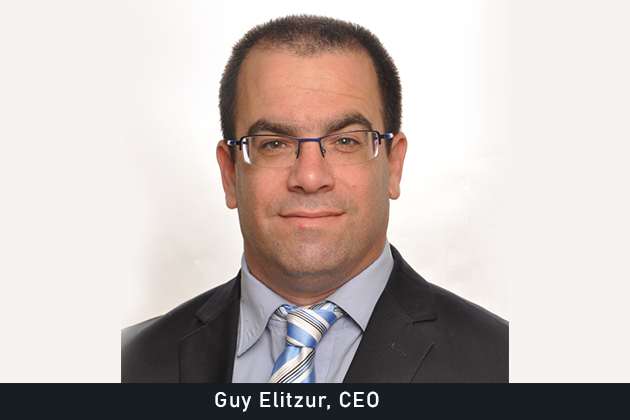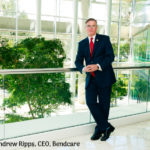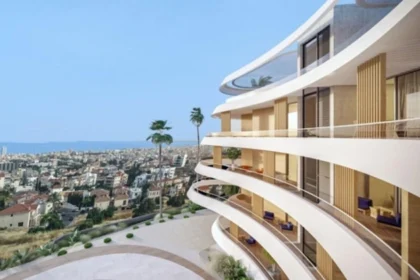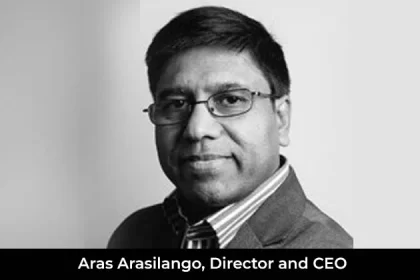Vertical Field is passionate about leading the transformation of the urban ecosystem by integrating natural values with human life. The company develops and markets propriety nature-based products that provide vertical agriculture solutions and improve environmental and human health conditions. It also aims to shorten the agricultural supply chain and grow fresh and healthy products as near as possible to their places of consumption.
The company was established by Mr Bar-ness in 2006, based on his passion and ambition to restore the role of nature in the urban lifestyle. Over time, he developed a few solutions using cutting-edge technology to interact with both indoor and outdoor environments, to improve human health and environmental conditions in urban settings. Over the last few years, together with the arrival of Guy Elitzur to the CEO’s position and the company’s accumulated knowledge has developed natural solutions to improve the accessibility of vertical agriculture and the quality of agriculture products.
Vertical Field believes that as much as human will integrate nature and plants into the city, they will all benefit from it. Thus, Vertical Field is adding technology to the already existed benefits of plants to maximize its advantages to human life and environment. The company has developed its unique platform of Active Living Walls (“ALW”), which helps in intelligently adding such plants without capturing expensive floor space and enables adding plants everywhere in the cities – covering walls of buildings, train stations, safety walls and more. Moreover, with its technology, Vertical Field is able to facilitate the abilities of ALW by improving air quality in indoor, mitigate CO2 level and lower allergens, reducing the temperature in a building, lower heat islands in a city, lower environmental pollution and offering other such benefits. The combination of its unique technology with plant puts it a place where it leverages the advantages of nature to help human live in a city with a much lower harmful impact on the environment.
The company has also developed a special geoponic method, while most other companies use hydroponics, to create this experience and quality products and add to its proprietary advanced digital and sensors technology. Vertical Field recently worked on a building with a vertical farming roof on top of a non-profit organization that hosts many delegations from abroad. The Farm roof needed to provide constant and fresh produce to the restaurant of the place where new chefs keep coming every six months and menus change frequently. And from the other side, the roof needed to be kept beautiful for visitors to visit and experience. Thus, in all times, the place needs to be productive and operational while being kept beautiful and welcoming.
One of Vertical Field’s flagship projects was the installation of ALW of almost a square acre on the façade of corporate headquarters for one of Israel’s leading corporations. The owner wanted a sustainable and innovative workplace for his employees, and it was important for him to create a sense of lush nature and biodiversity even though the head quarter is located in the heart of Tel Aviv. Vertical Field designed and built an ALW that was the first of its kind, and today it stands as a symbol of Israel’s innovation in agriculture in the heart of the most international city. This has helped the employees to improve their work experience and the project has led to lower costs, radiation, noise, and energy consumption. Though the project involved challenges such as its size, the integration of other technologies like recycling of greywater, safety regulations, city landscaping laws, after a few months of planning and installation, it was recognized as one of the most beautiful buildings in the country. The proven capability to reduce the building temperature and thus its energy costs, provides effective radiation blocking as well.
Vertical Field realizes that with all that is being done in a city with the complexity of local regulations, habits and needs, is leading to lack and cost of space. Thus it has built its solutions with comparative advantages in terms of yield, quality and cost. They are easy to use and monitor and ensure consistent quality and yield around the year.
The company is about to launch its new agriculture CEA platform early next year, VboX. VboX is a portable farm built in a recycled shipping container. It can be located anywhere and is capable of growing and distributing more than 200 different crops. It can be placed anywhere near a supermarket store, in the parking lot of a restaurant, or on the roof of a hotel, and with the technology, the customer can easily grow hundreds of different crops to be harvested and served on the same day. The produce is fresh, healthy, pesticide-free, and super tasty. VboX uses 90 per cent less water than conventional agricultural methods and consumes less electricity than any other vertical farming solution in the market. It is an agricultural revolution in a box!
Whether dealing with horticulture for ALW or with agriculture crops for vertical farming, Vertical Field deals with the complexity of plants and nature. “Establishing a huge ALW on a building or providing constant and qualitative products to a supermarket chain had been a challenge. It is something that we had to research and develop over the years so the customer’s experience will be smooth and rich,” says Guy Elitzur, CEO, Vertical Field.
The company works with every type of partners such as from farmers, architects, and builders, restaurants, and supermarkets. “The goal is to work together in order to make our cities greener while providing people with naturally grown produce at an affordable price,” adds Guy. Vertical Field is aiming to focus on the US market both from vertical landscaping perspective and Vertical Farming. The company is looking ahead at shaping future cities and making it a better place for human to live in. This cannot be achieved just with smart and advanced technology. Thus Vertical Field is continuously working to integrate the wisdom of nature and advanced technology in the food it produces, leading to healthier people and a healthier urban environment.










